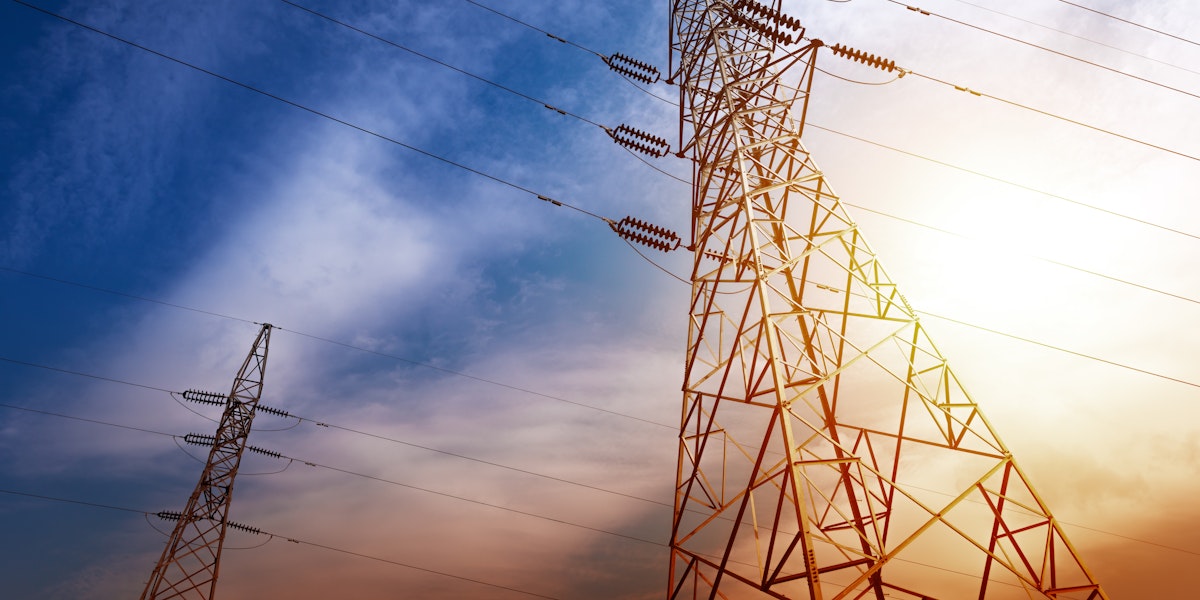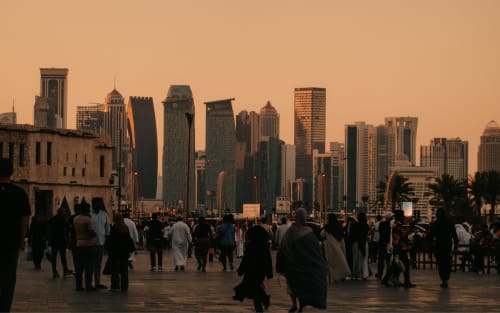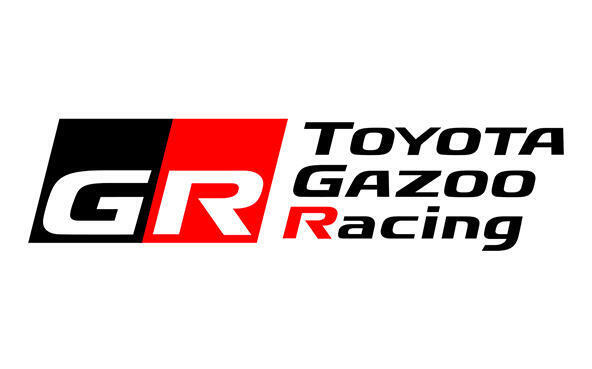- HIV Diagnoses Fall but Inequalities Persist, Data Show Medscape
- HIV testing, PrEP, new HIV diagnoses and care outcomes for people accessing HIV services: 2025 report GOV.UK
- New HIV diagnoses fall in 2024, but fewer young people getting tested:…
Blog
-
HIV Diagnoses Fall but Inequalities Persist, Data Show – Medscape
-

Familial Cluster of Foodborne Botulism Associated with Homemade Dairy
Introduction
Foodborne botulism is a serious form of food poisoning caused by ingestion of food contaminated with a neurotoxin produced by Clostridium botulinum.1 Ingesting as little as 30 nanograms of this toxin can result in severe…
Continue Reading
-

Amazon October Prime Day Pokémon deals: TCG, Loungefly, more still on sale
Ben Williams is a freelance writer at Mashable, having joined the team in June 2025. With over 10 years experience in gaming, tech, TV, anime, and film, there’s nothing he hasn’t covered. Alongside Ben’s other work at IGN,…
Continue Reading
-

Clinical profile of heart failure patients and evaluation of the presc
Introduction
Heart failure (HF) is a multifaceted clinical syndrome marked by the heart’s inability to adequately pump or fill with blood to satisfy the body’s metabolic requirements.1 Physiologically, HF can manifest as either insufficient…
Continue Reading
-

Threats to jobs and growth in Europe’s chemical sector
Our report for INEOS explains why the European chemical industry is undergoing a severe and sustained contraction. Structural pressures, principally high energy costs, carbon costs, regulatory and permitting burdens, are eroding competitiveness relative to the United States, China, and the Middle East.
Between 2019 and 2025Q2, the European chemical sector’s output declined significantly. It has contracted by 30% in the UK, 18% in Germany, 12% in France, and 7% in Belgium. Structural pressures—chiefly high energy and carbon costs alongside regulatory and permitting burdens—are undermining the sector’s viability.
Falling output levels and lower profitability is causing European chemical firms to cut their investment relative to their global competitors. Between 2019 and 2024, the average annual growth in European chemical firms’ investment spending was half the rate of their US counterparts (1.5% versus 3.0%). This trend is projected to continue over the next decade. This will further adversely impact the sector’s competitiveness.
Emissions data suggest that, if European chemicals production is replaced by imports from China and the US, total carbon emissions will rise. Chinese and US chemical industries emit around threefold and twofold more carbon for the same volume of output, respectively, than those in Europe. The greater distances needed to transport the imports will also add to the greenhouse gas emissions.
European policymakers face a critical decision: act decisively now to safeguard this vital strategic industry or risk its irreversible decline.
Continue Reading
-

Access to electricity stagnates, leaving globally 730 million in the dark – Analysis
Developing Asia reached a 98% access rate in 2024. India and Indonesia now have universal access, leaving most of the remaining gap in Pakistan, Afghanistan, Mongolia, Myanmar, and the Democratic People’s Republic of Korea, which together account for 83% of the region’s population still without electricity. Progress has stalled since 2021, with four of the five countries showing slower progress than before the pandemic.
Latin America is close to universal access, with 98% of the population connected in 2024. But the last few percentage points are proving difficult. Remote areas such as the Andean Highlands and the Amazon remain underserved, and at the current pace, it could take 15 years to close the gap. Honduras and Haiti face the largest challenges. In Haiti, about half the population still lacks electricity, and progress in 2024 was 56% below the 2015–2019 average.
Sub-Saharan Africa accounts for eight out of ten people globally without electricity. The number of people lacking access grew between 2020 and 2022 but has since begun to fall, though progress is concentrated in a handful of countries such as Côte d’Ivoire, Kenya, and Mozambique. In 2024, regional progress remained below pre-pandemic levels, with 27 countries still lagging their 2015–2019 averages. Early 2025 estimates suggest a modest acceleration, supported by record solar PV imports from China and new electrification policies in key countries.
Continue Reading
-

Art Basel Qatar announces gallery list for inaugural edition
EN |
Art Basel Qatar announces 87 galleries for inaugural edition in February 2026
Art Basel Qatar will feature 84 artist presentations by 87 galleries when the fair debuts in Doha next February. Presented in partnership with Qatar Sports…
Continue Reading
-

New stamps celebrate 90 years of Monopoly
 PA Media
PA MediaThe game was first played in the UK in Horsforth, Leeds A new set of stamps is being issued to mark 90 years since classic board game Monopoly launched in the UK.
John Waddington Limited of Leeds secured the European licence to make the…
Continue Reading
-

Kalle Rovanperä takes on exciting new challenge with TOYOTA GAZOO Racing in 2026 | 2025 | PRESS RELEASE | WRC
TOYOTA GAZOO Racing World Rally Team driver Kalle Rovanperä has announced his decision to move on from rallying at the end of the 2025 season and pursue an exciting new challenge in motorsport.
The two-time FIA World Rally Champion will…
Continue Reading
